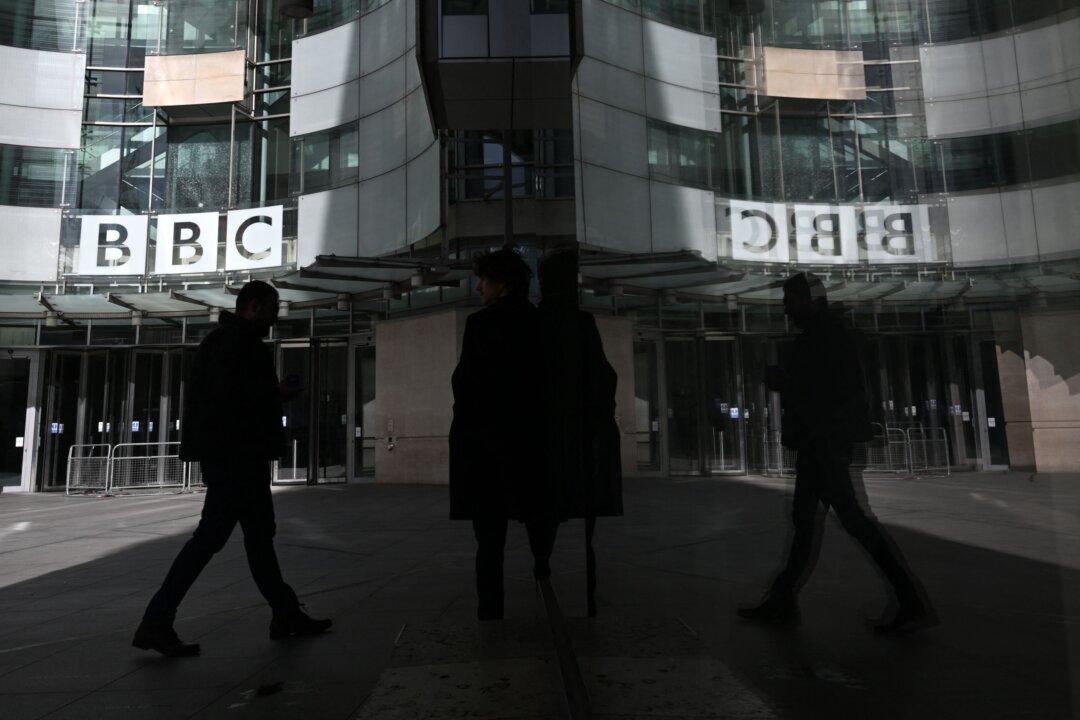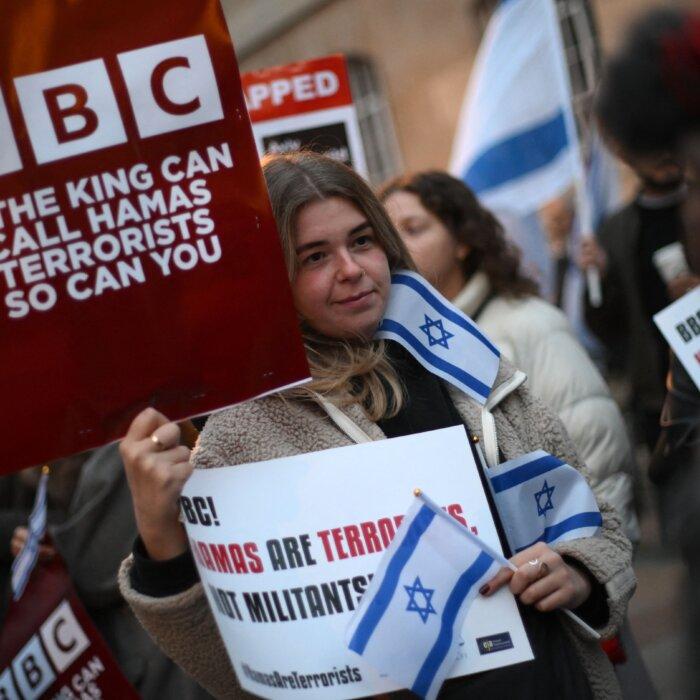The government is to give media watchdog Ofcom more powers to regulate BBC news articles in a bid to boost public trust in the broadcaster amid impartiality concerns.
On Monday, Culture Secretary Lucy Frazer recommended major reforms to help boost audience confidence in the BBC’s impartiality as well as its complaints system.
Enforcement Action
Following the first Mid-Term Review, the government said that Ofcom would get more powers over the BBC’s online services where the broadcaster has editorial control, including the BBC News website and the BBC’s YouTube channel.Currently Ofcom can only issue an opinion on whether the BBC has observed editorial guidelines in its online content.
The Department for Culture, Media and Sport said that impartiality remains “an ongoing issue for audiences” and cited “a lack of public confidence” in the way the BBC currently handles complaints.
The government said that audiences will be “given greater certainty” that their complaints about BBC TV, radio, and on-demand content—including concerns about bias—are dealt with fairly through greater scrutiny of its complaints process, which is to be made more independent from programme makers.
It added that a new legally binding responsibility on the BBC Board will require it to actively oversee the BBC’s complaints process to assure audiences that their concerns are being fairly considered.
Bias
The BBC has been increasingly accused of bias and pulled into impartiality rows.In January, Robin Aitken, who spent 25 years at the BBC, told NTD’s “British Thought Leaders” programme that he believes it’s time to end the licence fee because the public broadcaster is no longer impartial.
Mr. Aitken said he joined the company in the 1970s as a young journalist, believing it was “the best broadcaster in the world,” but as he worked his way up to arrive at the flagship “Today” programme at Radio 4, it had become clear that “the BBC is not impartial in the way that it thinks it is,” he said.
Mr. Aitken said the BBC “successfully propagandised the country from the perspective of Black Lives Matter [BLM]” after the killing of George Floyd, “never bothering to investigate” BLM’s “antecedents and real motives” as a Marxist organisation.
Referring to the BBC’s recent refusal to call Hamas a terrorist group after it ignited the Israel–Hamas war by brutally killing Israeli civilians, Mr. Aitken said the broadcaster “always takes the side of that party which can be portrayed as victims.”
‘Commitment to Impartiality’
A BBC spokesperson said the review was designed to look at the corporation’s governance and regulation, adding, “We’re pleased the government’s findings reflect that overall these are working well.”On the topic of impartiality, the spokesperson said “no other organisation takes its commitment to impartiality more seriously,” and that the corporation has well-established plans to continue to improve standards.
“We know this matters to audiences and the BBC continues to be the number one source for trusted news, with the highest scores for impartiality and accuracy,” they said.
The spokesperson said the BBC was “operationally and editorially independent,” adding, “We remain committed to continuous improvement to ensure we deliver for all licence fee payers.”






